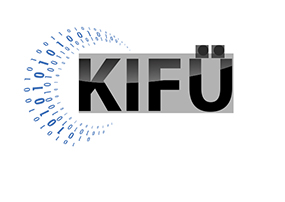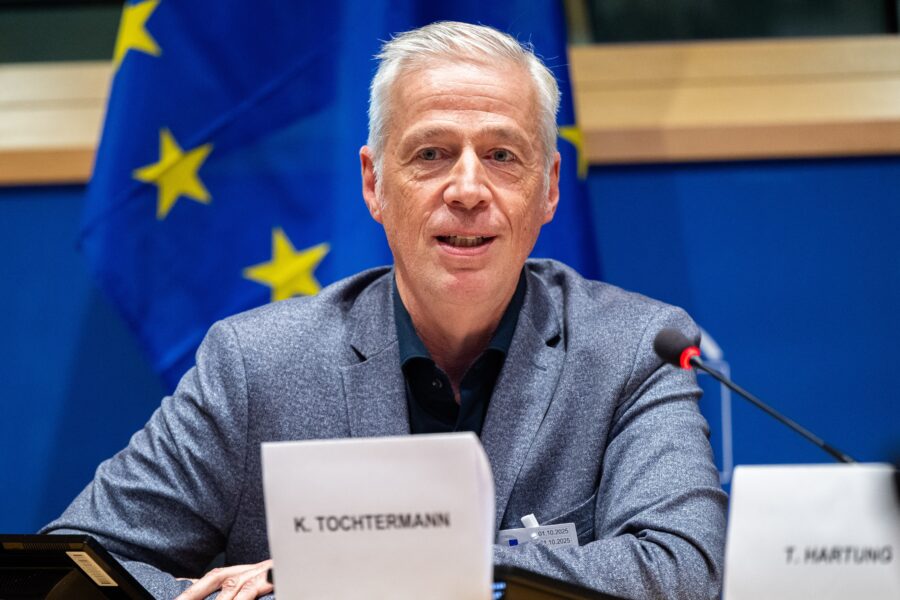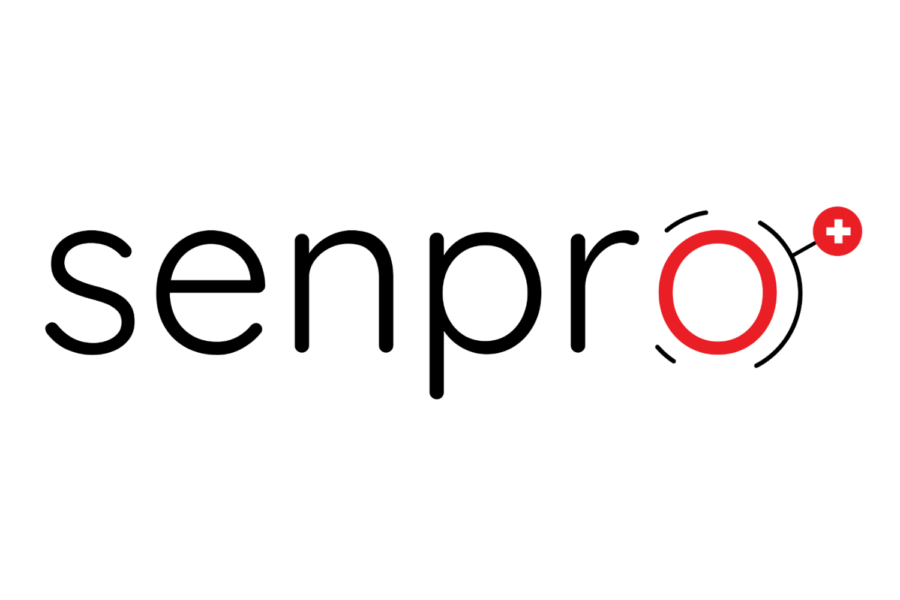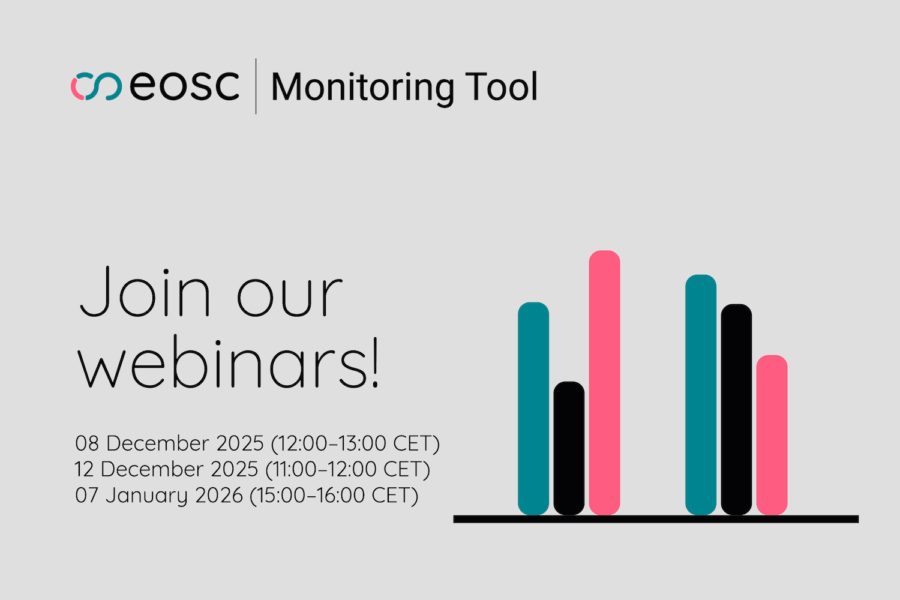In this engaging interview, Ildikó Kádárné Kelemen and János Mohácsi from Hungary’s Governmental Agency for IT Development (KIFÜ) share insights into their role as the country’s Mandated Organisation for EOSC. They highlight KIFÜ’s dedication to advancing Open Science through initiatives such as national surveys, competence centers, and customised training programmes.
By blending top-down policy strategies with grassroots community engagement, KIFÜ strives to promote FAIR data practices among Hungarian researchers. Looking ahead, they wish to expand the number of EOSC-A Members in Hungary.
Conducted by Isabel Caetano (EOSC Association) and Miguel Rey Mazón (TU Graz), this interview is part of a series coordinated by the EOSC Focus project.
How do you fulfil your role as a Mandated Organisation and what are your main motivations for taking on this responsibility?
The Governmental Agency for IT Development (KIFÜ) is Hungary’s largest infrastructure and service provider for research and education, and was appointed as Mandated Organisation by the Ministry of Technology and Innovation in 2021. We liaise with Hungarian stakeholders, involve them in discussions on EOSC development in the country, and provide feedback to the EOSC Association.
We maintain a good relationship with the National Research, Development and Innovation Office (NRDIO), the main funding organisation in Hungary and representative on the EOSC Steering Board, and we also keep in touch with Hungarian partners in INFRAEOSC projects.
KIFÜ also conducts surveys and monitoring, either independently, or with the help of partners. We discussed the recent questionnaire on EOSC Nodes and the build-up phase of the EOSC Federation with NRDI and others. After the discussion, interest in the EOSC Federation a national EOSC Node has increased.
How much of a priority is EOSC for your organisation?
As the National Research and Educational Network (NREN) in Hungary, KIFÜ’s main job is to provide the best tools and services for the Hungarian community, including data connectivity, collaboration tools, data storage and exchange, and high-performance computing. These tools assist researchers in their daily work. Recently, our focus has shifted to topics like artificial intelligence or data lakes, but we also recognise the importance of Open Science (OS) and research data management.
How does KIFÜ promote Open Science and EOSC? What activities do you carry out?
In cooperation with NRDIO, we organised our first National Tripartite Event last year. We will hold the second one in Budapest on 7 November 2024, coinciding with the European Tripartite Event during Hungary’s EU Council presidency.
The promotion of Open Science in Hungary began by the collection and development of training materials to address the lack of knowledge on the topic, which was discussed with selected research organisations and universities in the EOSC Champion programme. We translated and expanded the materials and made them accessible online. The Open Science curriculum covers FAIR data management practices, and an overview of EOSC and its services. Additional content on research assessment and citizen science was added recently.
Thanks to the EOSC Champion programme and the discussions held in the Open Science Forum, our experts, and in particular Ákos Lencsés – a data steward at KIFÜ, are frequently invited by universities to provide bespoke trainings. We have covered a great part of the country by combining online and in-person meetings.
Further activities include the openscience.hu portal operated by the University of Debrecen (National Open Access Desk (NOAD), and OpenAIRE representative in Hungary), which has provided information on Open Science for several years, as well as the Hungarian chapter of RDA, of which we are a founding member and contributor, and last but not least, weekly news about Open Science.
KIFÜ has become a reference point in Hungary for all things EOSC. To address questions about training, we are setting up a competence centre based on the Skills4EOSC model, involving experts from various organisation in Hungary. This centre aims to become the go-to source for information about EOSC and Open Science.
What can you tell us about Hungary’s bottom-up approach to Open Science?
It is the outcome of participating in the NI4OS-Europe project together with the library of the University of Debrecen (DEENK). One of the achievements of NI4OS was the creation of National Open Science Initiatives, from which our OS Forum has evolved. We run Forum events 2-3 times a year in cooperation with DEENK. We applied the lessons learned from NI4OS-Europe to start building our Open Science community from the ground up. The process has been complemented by top-down decision making, so the approach is effectively hybrid. This seems to work best for us: combining the build-up of an Open Science community with development of policies by NRDI and the assistance of experts from universities, research performing and supporting organisations, and KIFÜ.
We keep communities well informed through the usual communication channels. We organise upskilling sessions for researchers using the Skills4EOSC training material, including train-the-trainer sessions, and we are growing the data steward community. This is once again thanks to our colleague Ákos Lencsés of KIFÜ.
What is the current status of policy development to support Open Science in Hungary?
NRDIO led the preparation and publication of a position paper on Open Science in 2021. It was intended as a call to the scientific community to support its principles and goals, and to serve as the basis on which policies about FAIR research data management, research assessment, citizen science, and quality of research results should be developed. The position paper was signed by several partners. We hope the new management, who has been in place just over a year now, will bring new energy and follow up with an implementation plan.
A dialogue with the NRDI Office is necessary to understand their priorities and update them about what goes on in EOSC-A. Recently, we have been invited to the discussions about setting up a Hungarian EOSC Node under the umbrella of HUN-REN, Hungary’s national research agency.
The NRDI Office has helped to increase awareness of Open Science by introducing mandatory Research Data Management (RDM) plans and other criteria in funding calls, mirroring the requirements of Horizon Europe. The other important element, that is currently shaping how Open Science develops in Hungary, is the update of university funding requirements, which has led to changes in research assessment.
HUN-REN, the Hungarian Research Network, gives regular input into policy development. They recognise the importance of Open Science, and have started to invest in making RDM plans more accessible for researchers, such as through the new Data Repository Project. The funding granted to research institutions in this pilot project is intended to complement that from the ministry, helping researchers move forward with their RDM plans.
The Hungarian FAIR Data Strategy is currently under development. Our colleague Ákos Lencsés is again involved in this, together with representatives from the Eötvös Loránd University. Supported by the FAIR-Impact project, the goal of these efforts is to have a policy in place within one year.
What is Hungary’s situation regarding the allocation of resources to support EOSC?
In-kind contributions are now the main form of contributions in Hungary. A few hundred researchers who understand the benefits of Open Science are investing their time to promote its adoption. Currently, the only two recognisable financial contributions are those made to meet RDM requirements for funding and HUN-REN’s Data Repository Project. These are small investments compared to the hours people spend.
We hope that our participation in the EOSC Gravity project will have a significant impact, providing us with a better understanding of EOSC through first-hand information. We hope that the planned cascading grants will generate more interest and possibilities in Hungary and in neighbouring countries where funding is scarce.
What are Hungary’s strengths and who are the key actors in the EOSC community?
Besides HUN-REN initiatives, a recent important development is the design of an expert network in cooperation with the Skills4EOSC project, that may evolve into the OS Competence Centre. Active organisations include the University of Debrecen, the Library of Hungarian Academy of Science (MTA-KIK), the Eötvös Loránd University (ELTE), and other institutes that have started to catch up with Open Science.
We now have the opportunity to revise and extend the Position Paper on Open Science to incorporate the changes that have taken place since it was first published in 2021. Moreover, there are ongoing talks with NRDI about how to turn the position paper into actions. This should encompass funding, policy development necessary for implementation, and closer cooperation with relevant communities.
In addition, NRDI’s Research Infrastructure Committee has initiated a discussion about common RDM practices and services. If accompanied by the necessary policy changes, this can help improve OS in Hungary.
Another top priority is the extension of trainings for data stewards and data scientists.
Could you name other key challenges for EOSC in Hungary?
The key challenge is to enable a change in researchers’ view of data. The majority does not care about the future of their data and how it may be reused. A new mentality is necessary to overcome the traditional belief that research results belong only to those who conducted the research. This view is especially common among researchers who started their careers with this conception. Researchers must broaden their views to see themselves as part of a larger community where others can benefit from using their data.
Researchers are, however, under pressure from two opposite directions. Initiatives like CoARA managed to convince many institutions to sign their agreement to change research evaluation methods, but this is a long-term process. At the same time, universities are pushed to improve their ranking by increasing the number of publications. In the end, researchers receive contradictory information, and they do not know which way to go. It is easier for them to continue doing things the way they are used to. It will take time to change this.
This is one of the reasons why in the EOSC Champion programme, PhD students are the main target group. If young researchers are introduced to new practices, this can result in a successful uptake of Open Science principles in the future.
In what other international initiatives does KIFÜ take part?
In addition to EOSC-A, we are involved with several organisations, including GÉANT (János Mohácsi is on the Board of Directors), EuroHPC, CoARA, and PRACE. We cooperate with the Skills4EOSC project and regularly contribute to e-IRG. We think it would make sense for GÉANT, as cooperation network of NRENs, and EOSC-A Mandated Organisations, who has a similar mandate to support research, should align their practices and develop together a proposal on how they should evolve and support Open Science and EOSC. This has been articulated in a position paper created by the GÉANT Association and NRENs.
What are the next steps for Hungary? What is your main concern regarding the evolution of the EOSC Federation?
We would like to increase the number of EOSC-A members in Hungary; KIFÜ is the only member in the country so far, which is not optimal. More views and more inputs would lead to better results.
If EOSC starts evolving as a federation and through the nodes and becomes a network, then maybe the type of membership will need to change. Now, due to the relatively high membership fees, EOSC is not available to every organisation. We hope it will become more open in the future after 2027, by opening up in a different way. We still have to “open up” EOSC via the nodes.
About Governmental Agency for IT Development
The Governmental Agency for IT Development (KIFÜ) is a public institute that provides network, computing (cloud, HPC) and other e-infrastructure services to research, educational and cultural organizations, and enables them to establish collaboration and cooperation with each other and with related organizations abroad.
About Ildikó Kádárné Kelemen
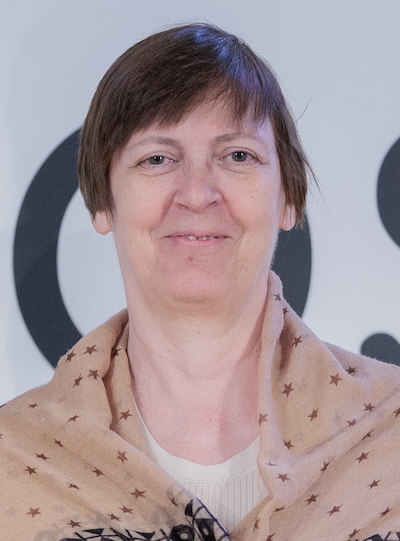
Ildikó Kádárné Kelemen is an International Project Expert at the Hungarian Governmental Agency for IT Development (KIFÜ), where she leads and participates in various ICT-related EU-funded projects to support research and innovation activities. She serves currently as Communication Manager and Deputy Coordinator for the Digital Europe Project in quantum communications (QCIHungary), and contributes to the development of EOSC in Hungary.
About János Mohácsi
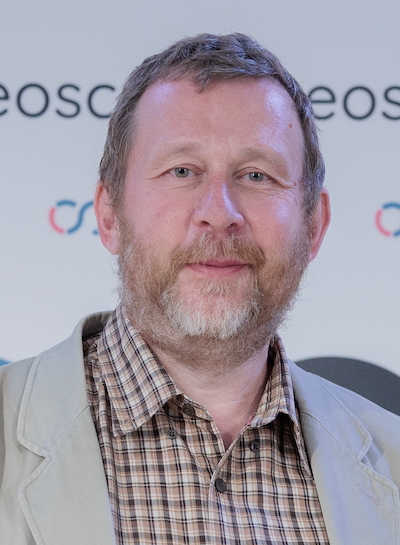
János Mohácsi is Chief International R&D Officer at KIFÜ. He has played a leading role in several national and international projects, and was involved in network development, IPV6, Trust and Identity, and Open Science, in addition to his general international representation of the organisation and other research development tasks. He is member of the GÉANT Board of Directors since 2021.


